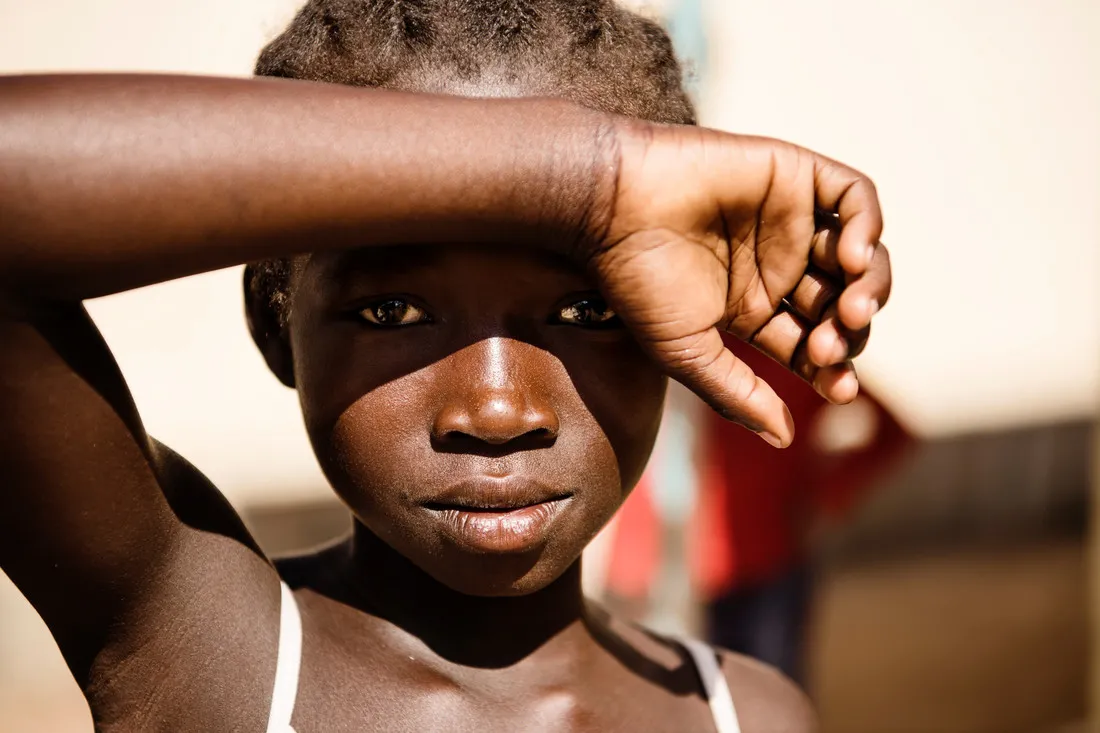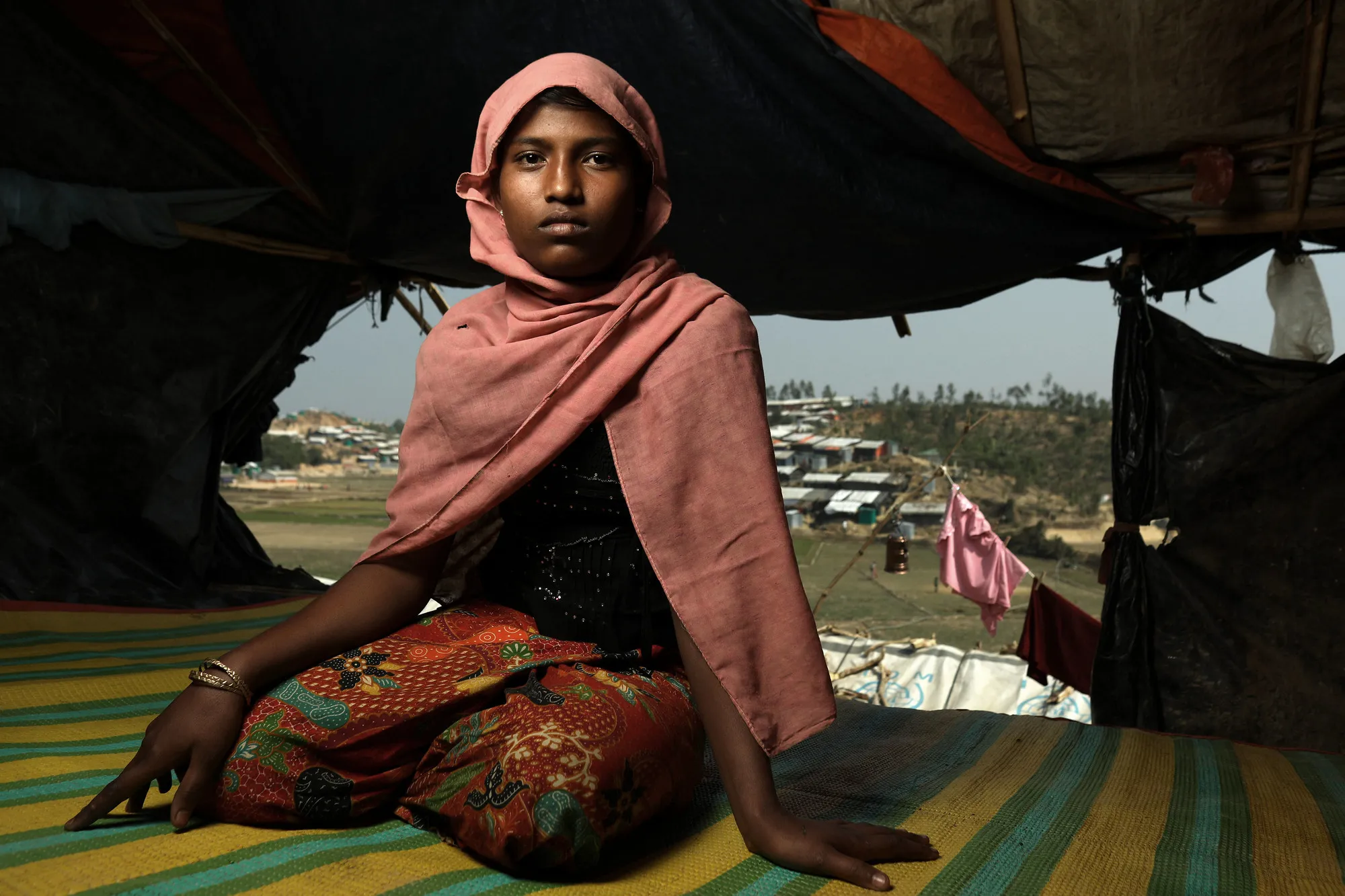How are we doing it?
Making sure our staff are prepared. CARE has created guidelines on GBV and COVID-19 to ensure we’re responding to GBV. 13 countries, including Georgia, Indonesia, Morocco, and Rwanda are sharing GBV referral information with staff.
Getting connected to community leaders. Six countries are working with community leaders to make sure that they have the GBV referral information they need to help respond to cases.
Using social media. Chad, Indonesia, Nepal, and Timor-Leste are all using social media platforms to share messages around GBV and where to get services and support for GBV.
Analyzing the local context. CARE has not only released a global rapid gender analysis, we’re conducting more than 50 RGAs in different regions and countries to ensure we understand what GBV risks are in local contexts and how we can respond to them.
Getting better data. CARE is ensuring all our data is sex disaggregated so we can see the impacts for men and women.
Keeping women at the forefront. CARE is asking women in communities to lead and tell us what they need to respond. Mali is asking women who lead savings groups to help coordinate response. The Middle East and North Africa region is looking to find specific ways to communicate with women, who are finding that the ways they usually get information from each other don’t work with social distancing. CARE is pushing to get women a seat at the table when leaders make decisions about COVID-19.
Want to learn more?
Check out the global Rapid Gender Analysis, and stay informed about what we’re learning in dozens of countries.


